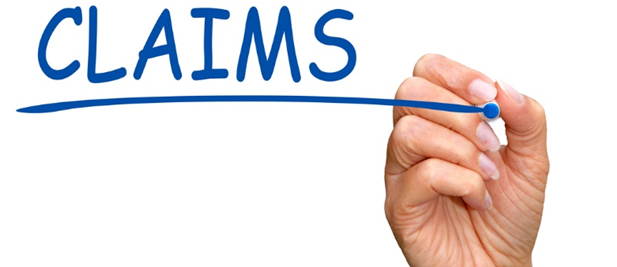Critical Thinking
Reasoned Argument
Claims & Assertions
 As we have seen, arguments consist of a sequence of claims (the premise(s)) or assertions.
As we have seen, arguments consist of a sequence of claims (the premise(s)) or assertions.
These are usually statements, but these statements can take many different forms, such as:
XXX
| Facts/objective statements | a thing that is known or proved to be true. |
| Scientific statements | A statement that satisfies ALL SIX criteria on the CONPTT grid: Consistent,Observable, Natural, Predictable, Testable, Tentative. |
| Predictions | what someone thinks will or may happen; a forecast. |
| Hypotheses | an idea or explanation that you then test through study and experimentation. |
| Definitions | an explanation of the meaning of a word, phrase, etc. |
| Recommendations | a suggestion or proposal as to the best course of action, especially one put forward by an authoritative body. |
| Allegations | a claim or assertion that someone has done something illegal or wrong, typically one made without proof. |
| Value judgements | an assessment of something as good or bad in terms of one's standards or priorities. |
| Causal explainations | a suggestion that one event or set of affairs was directly linked to or the cause of another event/set of affairs. |
| Statements of principle | a basic rule, usually accepted as self-evidently true, which acts as a guideline for how we ought to behave. |
| Rhetorical questions | a question that you ask without expecting an answer. The question might be one that does not have an answer. It might also be one that has an obvious answer but you have asked the question to make a point, to persuade or for literary effect. |
| Subjective statements (opinion) | a statement, report, attitude etc. that is influenced by personal opinion and can therefore be unfair. |
| Statements based on belief | confidence in the truth or existence of something not immediately susceptible to rigorous proof or testing. |